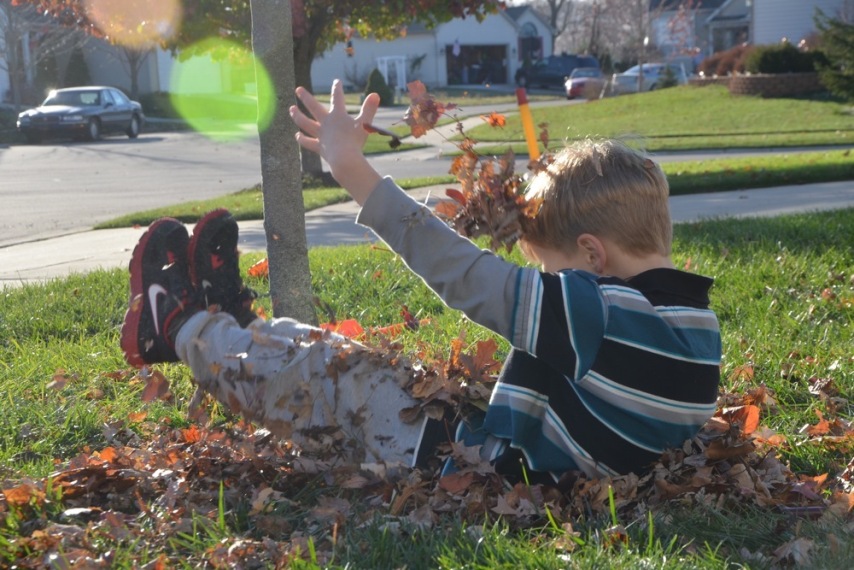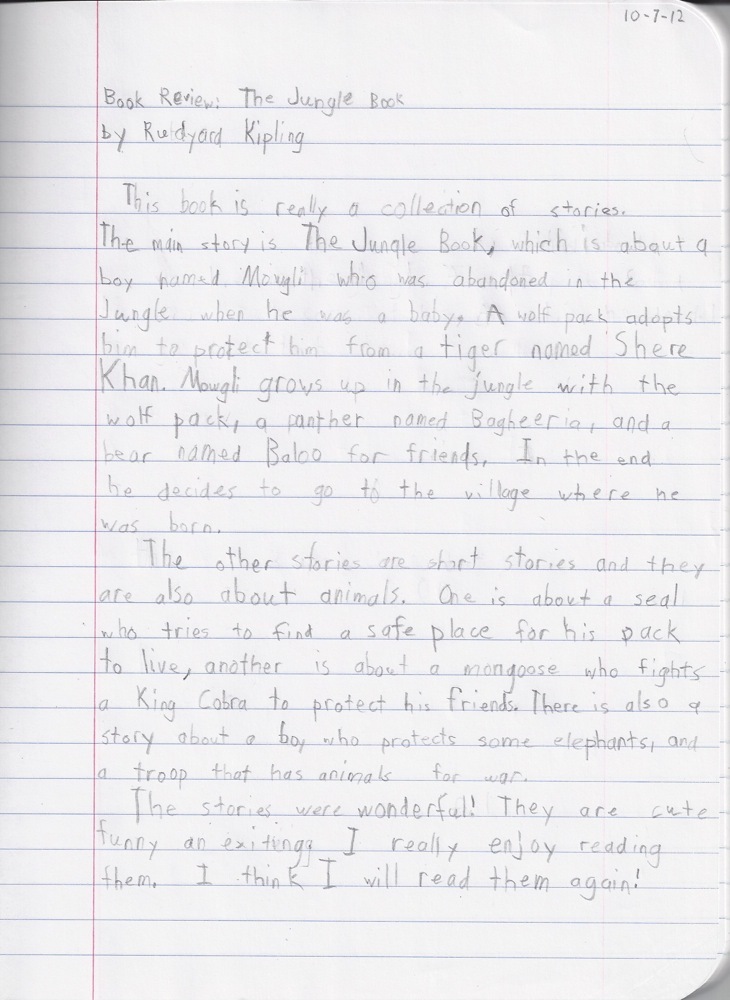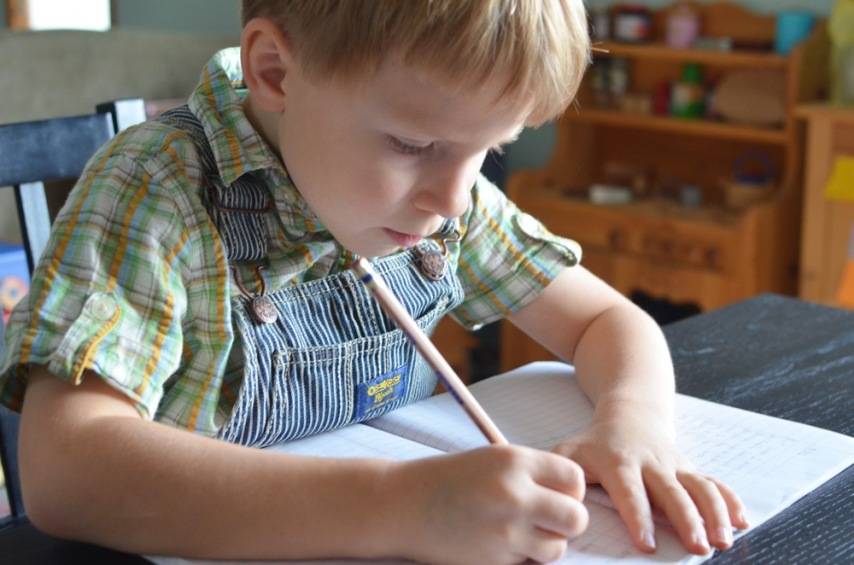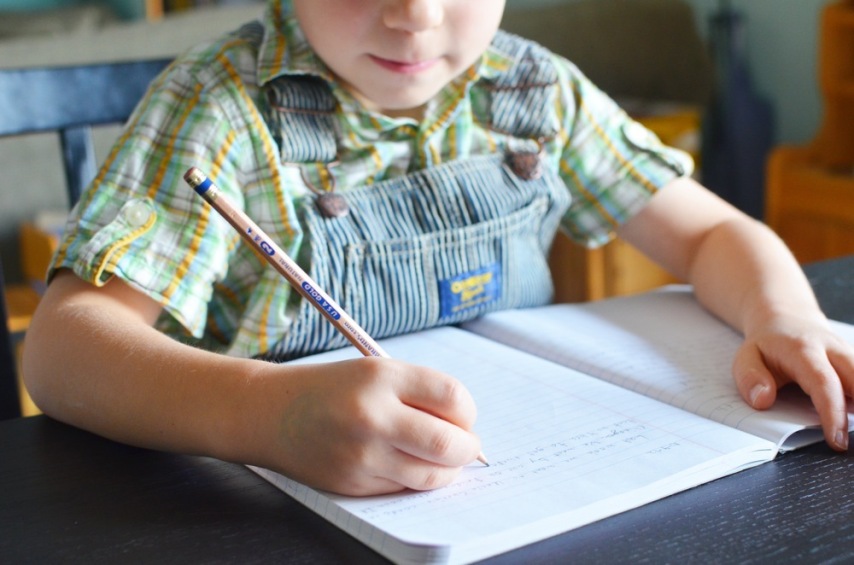I love to read. It's a lifelong love that I've always held close to me (except when we were taking a little break in my post-college years and I spent a little more time with video games instead. Shhh, don't tell) and it grows stronger every year. I don't have a particular favorite genre. I love esoteric works and the occasional historical fiction, I'm discovering the graphic novel, and I have a growing respect for non-fiction. As a homeschool mom I find myself reading a lot of younger books as well, young readers or YA, either to revisit them in school studies, or to check them out as my son does. I also read galley fiction sent to me by the ALA so I can write suck-up reviews for their magazine Booklist, and I don't always get my choice genres from them, which has been surprisingly freeing and eye-opening.
I read 80 books last year, and not all of them were great. Some of them were books I as much conquered as read, like Ulysses and Moby Dick. Others were assigned titles that I'd just as happily have left to collect dust on the shelf and wouldn't recommend to anyone. In fact, I'm not a good one to provide recommendations anyhow, since my reading is all over the map for a variety of reasons. But take it as you will, the full list of all 80 books is on Goodreads, and the following ten are books I'd recommend...to the right readers.
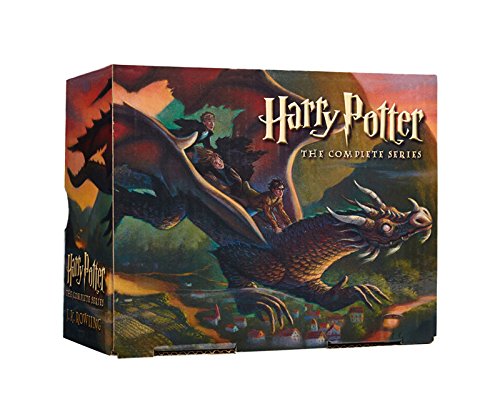 Harry Potter (series), by J.K. Rowling
Harry Potter (series), by J.K. Rowling
I swore off reading this series simply because of the hype surrounding it. I pretty much assumed it couldn't possibly be that great. Then around the new year, when we were taking a break from school and I had not assigned reading of my own, I was looking for something—anything—to read, and there it was, the whole series, neatly stacked on our coffee table where Calvin had left it after his most recent re-read. I was hooked after the first book—the first chapter, maybe—and poured through the entire series that week. I couldn't put it down. It won't be for everyone, of course, but I was taken not only by the story itself, but by the genius of the writing: the way each book is written to be specific to the age of its characters, not only in complexity of grammar and vocabulary, but in allegory and topic, as well. Genius.
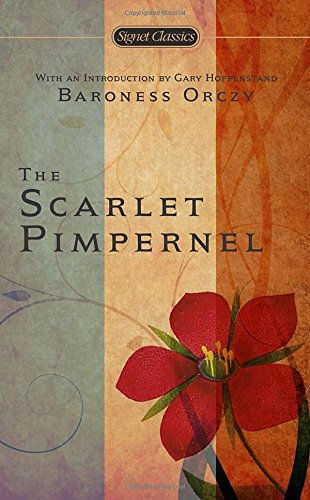 The Scarlet Pimpernell, by the Baronness Orczy
The Scarlet Pimpernell, by the Baronness Orczy
Set during the French Revolution, this book is the original Batman. A seemingly innocuous British man of inherited wealth and not much use otherwise is the shame of his wife, who longs to see her family, nobels in danger back in France, rescued by the mysterious and heroic Scarlet Pimpernell. How long before she realizes that they are one and the same? Not before she puts them all in imminent danger. Intrigue and romanticism abound in this amazing century-old novel. Calvin and I read this aloud together and had a great time with the accents (which is this character, French or British???) and humor.
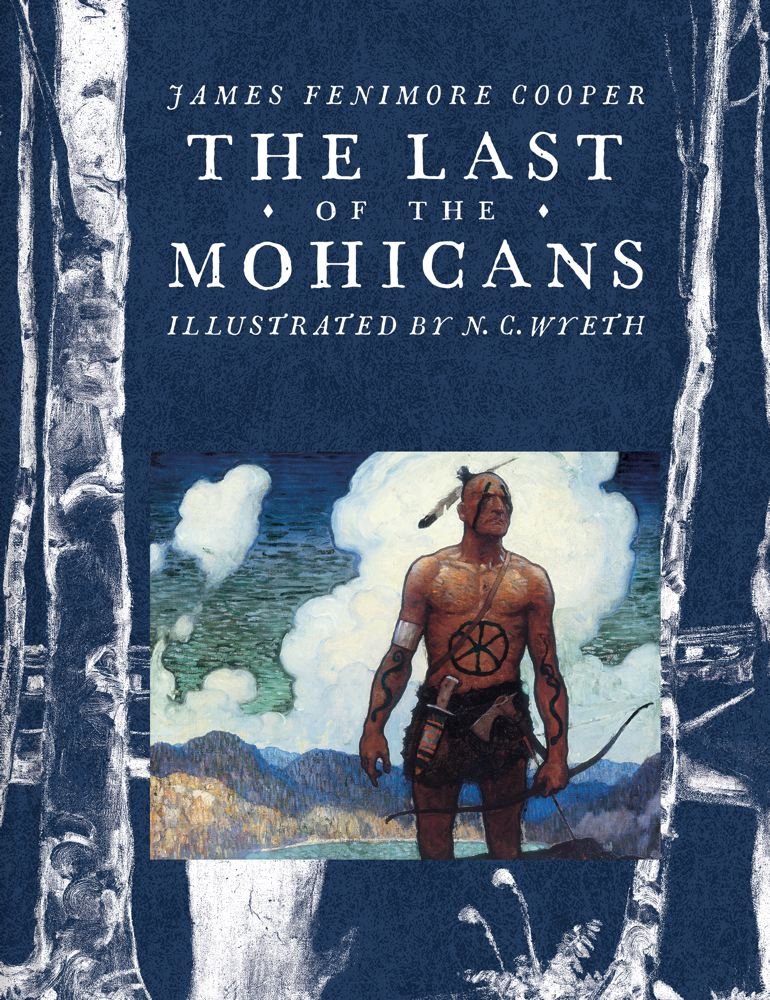 The Last of the Mohicans, by James Fenimore Cooper
The Last of the Mohicans, by James Fenimore Cooper
You've probably seen, or at least heard of, the recent movie adaptation of this classic novel, but I think few people realize that it was originally an adventure/war story romanticizing the wilds of new American land, which is how and why Calvin and I tackled this book together as a companion to our history studies. Written in the early 1800s, this is a primary source novel, and Cooper writes with a great love for the land and its native people in a way that has memorialized it and the era, for better or worse. Much better than the movie.
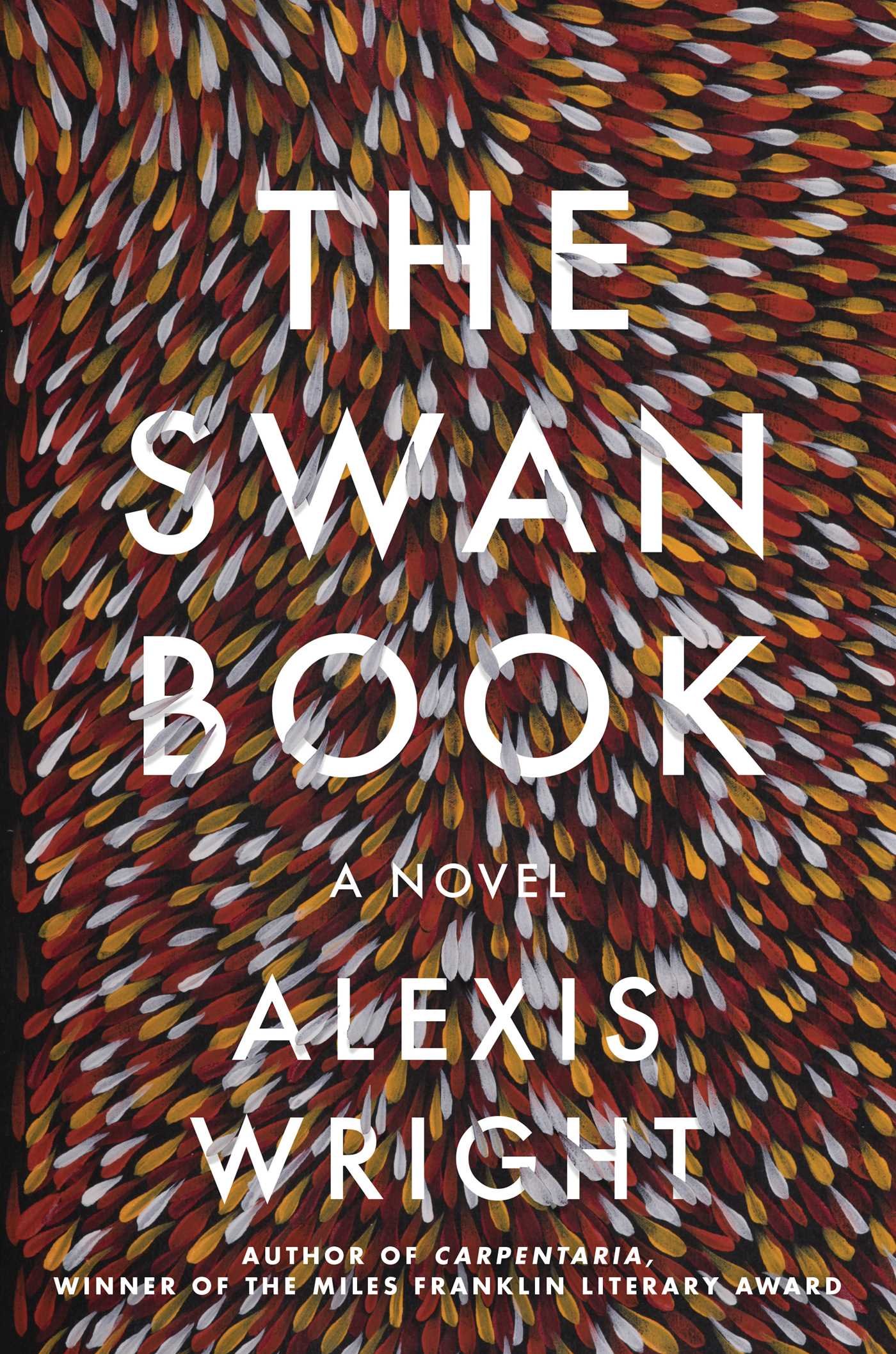 The Swan Book, by Alexis Wright
The Swan Book, by Alexis Wright
Here, finally, is a new release. Published in June, 2016, this was one of the rare occasions that I really enjoyed a galley from the ALA. Set in Australia, it is a mystical story of native cultures. An Aboriginal girl is taken in by a climate war refugee and raised in near isolation in the traditional ways, while her counterpart, a boy, is raised instead on a modern set of stories and principles. When the two come together to honor a pre-arranged marriage, they will find out if there is room for traditional culture in the modern world after all. Rich with allegory and symbolism, this wild, explosive story blends the myths and legends of numerous cultures in a dystopian near future to ask this very question. Significant and contemporary, in the style of Gloria Naylor’s Mama Day.
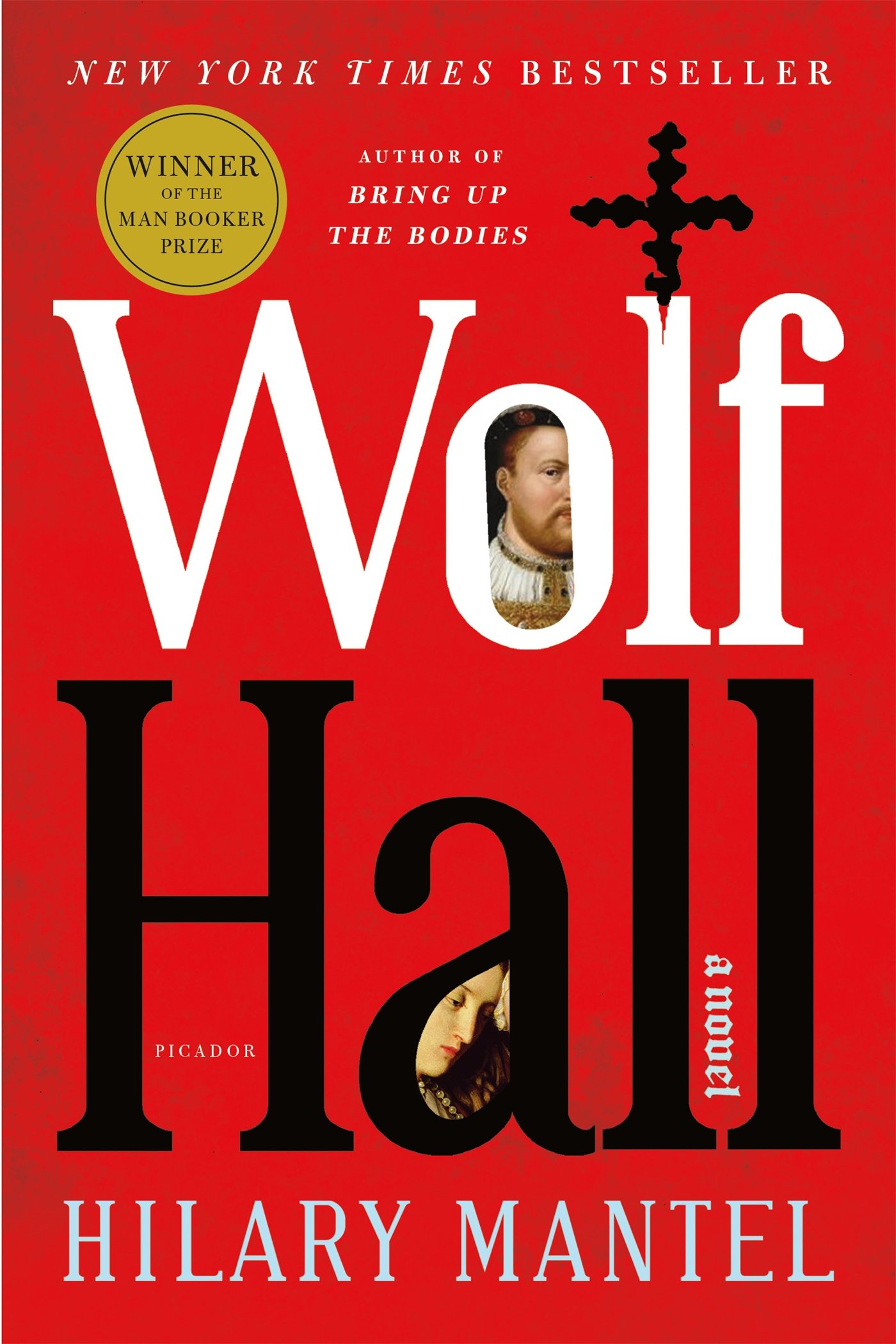 Wolf Hall, by Hillary Mantel
Wolf Hall, by Hillary Mantel
Historical fiction, this is the romanticised (not romantic, mind you) story of Thomas Cromwell, advisor to Henry VIII in early sixteenth century England. Mantel's writing makes the topic accessible, but this isn't as informative of the time as it is a fictionalized character study of the people involved. I found it near impossible to put down at times.
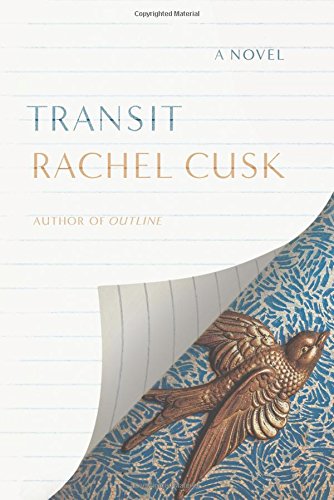 Transit, by Rachel Cusk
Transit, by Rachel Cusk
This is the second book in a trilogy still in the making. In the first book, Outline, an author in the early stages after a painful divorce comes to terms with her own perceived invisibility. Cusk deftly portrays the plight of her character through her actual lack of voice—the story is told almost entirely through conversation with others. In the second book, Transit, the same woman goes further down the path to recovery, recapturing herself as she goes. Again, Cusk manages to exude her plight in the actual writing style, and our main character not only becomes increasingly present, but eventually even has a name for us to hold onto. Amazing writing and a story that women, especially wives and mothers, may relate to.
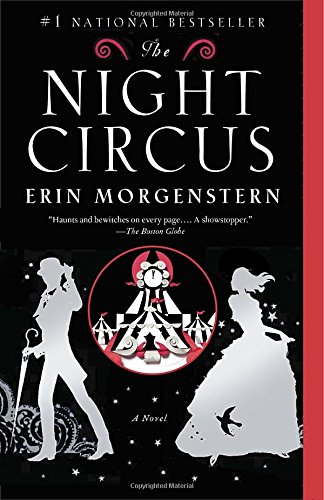 The Night Circus, by Erin Morgenstern
The Night Circus, by Erin Morgenstern
This was a purely fun read. Two magicians duel through the actions of the youngsters they train, but while the two students don't know the destinies that have been set for them, they will still face the consequences. A fast, easy read, full of color and magic, with a little romance stuff on the side. Lovely imagery.
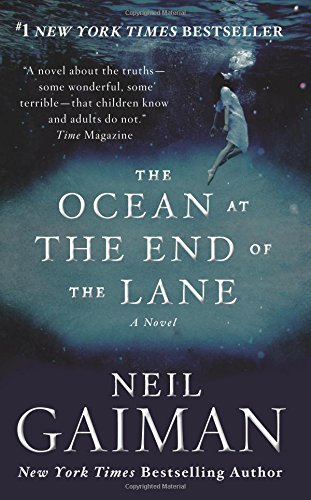 The Ocean at the End of the Lane, by Neil Gaiman
The Ocean at the End of the Lane, by Neil Gaiman
This is a little bit of a cheat, since I read this first when it came out a few years ago, but I did read it last year, and it was one of my ten favorites. A man returns to his home town for a funeral and falls into the memories of his youth, complete with a boogie-type man, a good witch, and a lake like an ocean. Gaiman has always been one of my favorite writers, and he does not disappoint here, embracing mythology and folklore with his usual gusto.
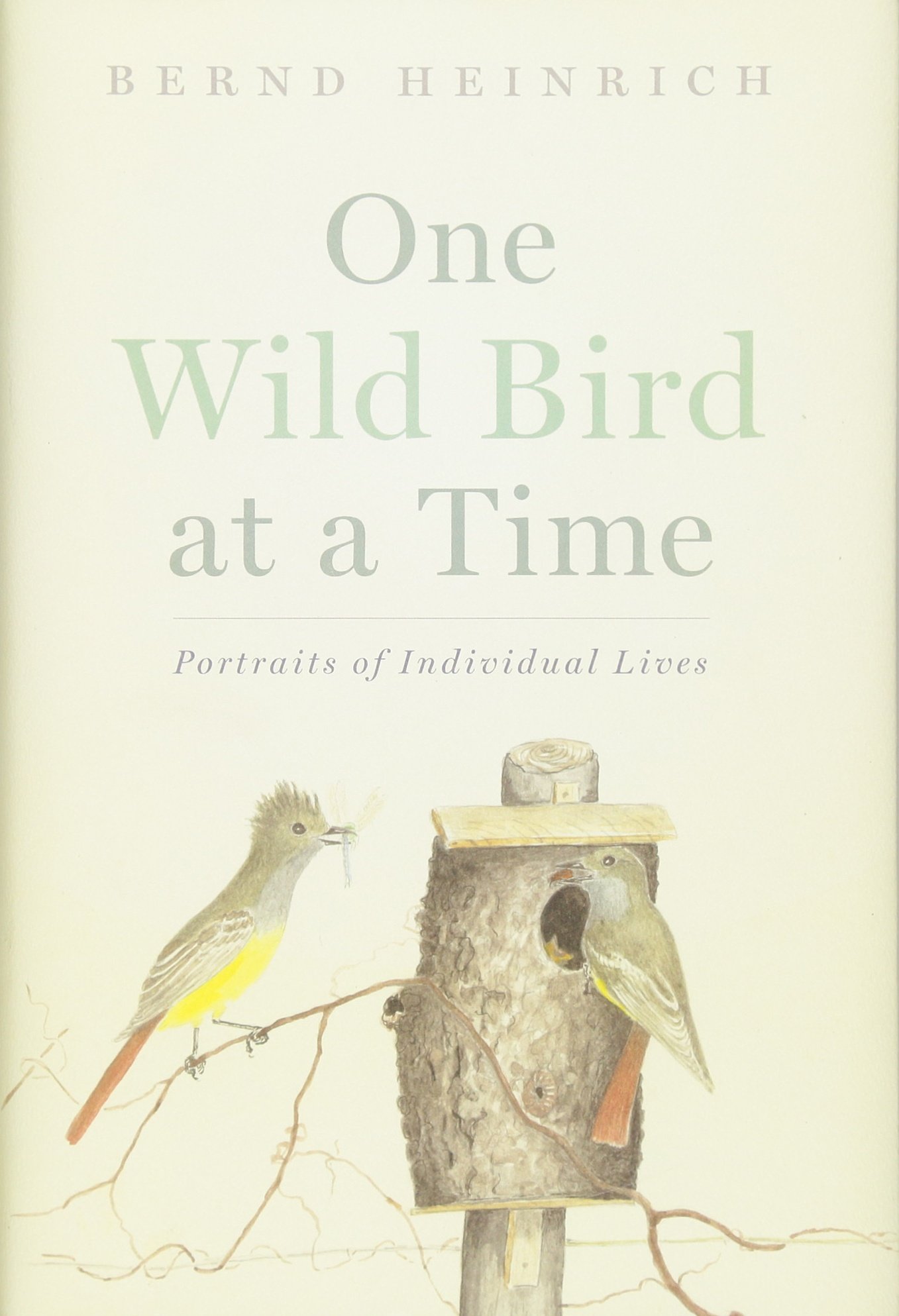 One Wild Bird at a Time, by Bernd Heinrich
One Wild Bird at a Time, by Bernd Heinrich
Bernd Heinrich is one of my favorite non-fiction writers. He is a life-long naturalist and scientist, but his short stories capture perfectly the meeting of science and heart. This is a collection recounting several times in which he spent quality one-on-one time with some of his favorite birds. With the same layman's science that embodies all his other story collections he relates what he learned from these birds and how he learned it. Touching, and also informative.
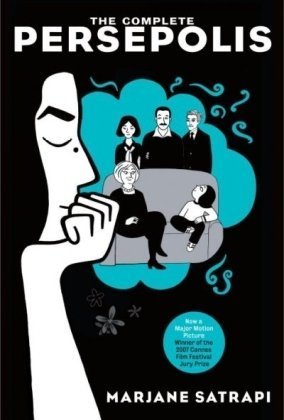 Persepolis (books 1 and 2), by Marjane Satrapi
Persepolis (books 1 and 2), by Marjane Satrapi
Graphic novel, nonfiction. This is a memoir of a childhood in revolutionary Iran. Satrapi captures the emotions and the reality of a time period that has been largely misunderstood, or under-appreciated, by many Americans. The graphic novel format, with pleasing illustrations and easy dialogue, make the subject accessible without taking too much away.
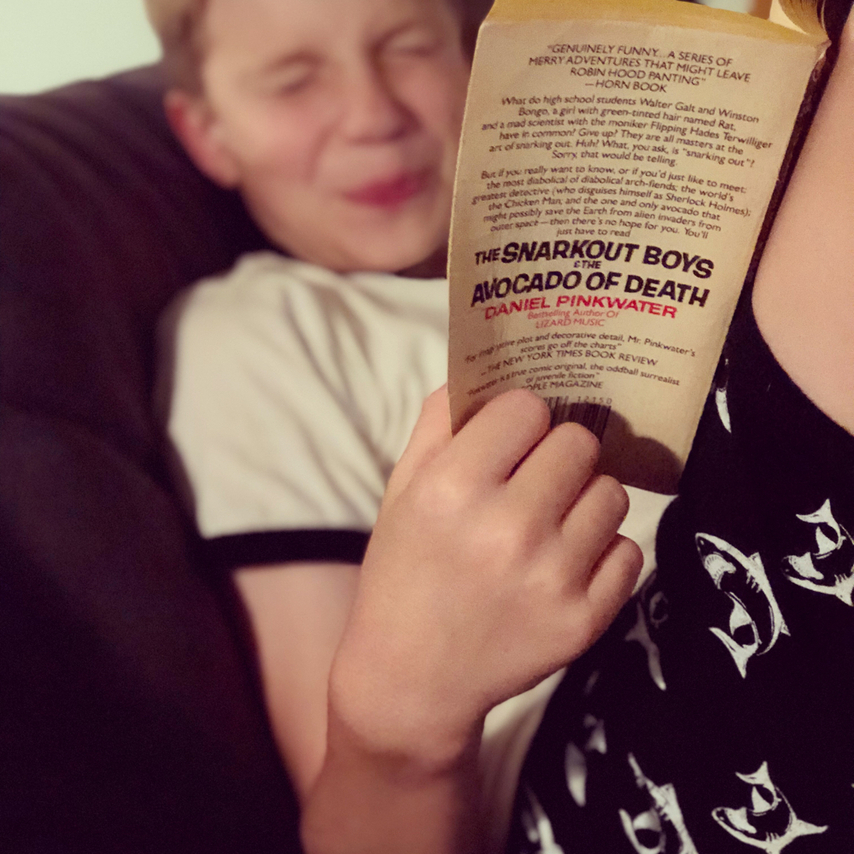
 365_2018,
365_2018,  book reviews,
book reviews,  books,
books,  reading
reading 